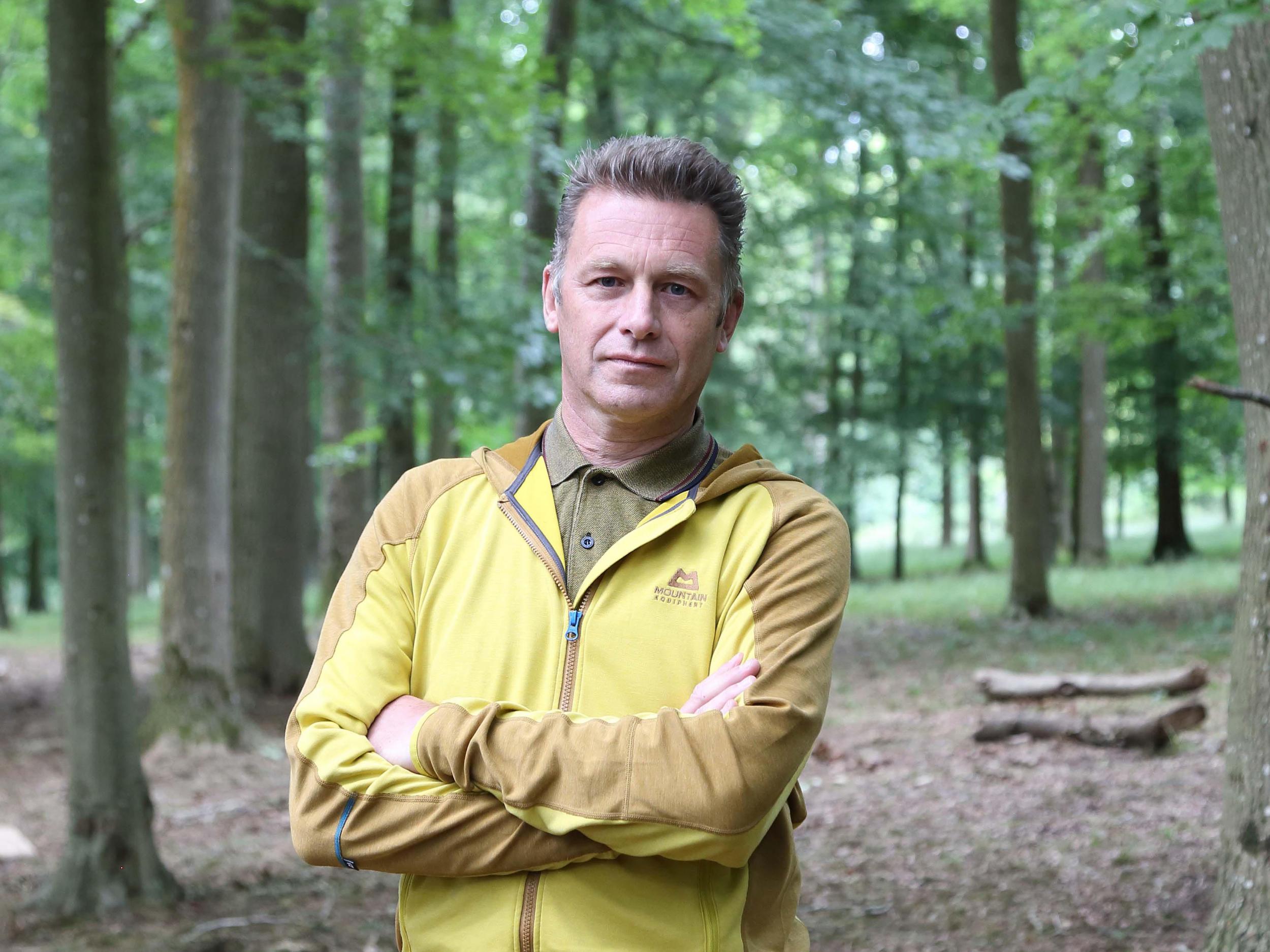UK facing 'ecological apocalypse', Chris Packham warns
'We need to wake up and smell the extinction brewing,' says Springwatch presenter

Your support helps us to tell the story
From reproductive rights to climate change to Big Tech, The Independent is on the ground when the story is developing. Whether it's investigating the financials of Elon Musk's pro-Trump PAC or producing our latest documentary, 'The A Word', which shines a light on the American women fighting for reproductive rights, we know how important it is to parse out the facts from the messaging.
At such a critical moment in US history, we need reporters on the ground. Your donation allows us to keep sending journalists to speak to both sides of the story.
The Independent is trusted by Americans across the entire political spectrum. And unlike many other quality news outlets, we choose not to lock Americans out of our reporting and analysis with paywalls. We believe quality journalism should be available to everyone, paid for by those who can afford it.
Your support makes all the difference.UK wildlife is in catastrophic decline, according to broadcaster and naturalist Chris Packham.
While the British public can still see the country’s natural heritage on display in reserves, he said much of the country has been reduced to a “green and unpleasant land”.
The Springwatch presenter said wildflowers, butterflies and birds had seen noticeable drops in numbers, and there was a danger of normalising this loss.
“Nature reserves are becoming natural art installations,” Packham told The Guardian.
“It’s just like looking at your favourite Constable or Rothko. We go there, muse over it, and feel good because we’ve seen a bittern or some avocets or orchids. But on the journey home there’s nothing – only wood pigeons and non-native pheasants and dead badgers on the side of the road.
“It’s catastrophic and that’s what we’ve forgotten – our generation is presiding over an ecological apocalypse and we’ve somehow or other normalised it.”
The comments came after a series of viral tweets in which the naturalist lamented the complete lack of butterflies on a sunny day at his home in the New Forest.
He also outlined the sharp decline in British bird species such as corn buntings and marsh tits, adding that he wondered “how much worse we need to let it get before we actually do something”.
“We need to wake up and smell the extinction brewing,” he wrote.
Scientists have documented “shocking” declines in birds throughout Europe, with farmland species thought to have plummeted by more than 50 per cent since 1970.
This trend is thought to be linked to the lack of flying insects – a major source of food for many birds – which in turn has been linked to the overuse of pesticides on farms.
Last year a German study found that the number of flying insects had plummeted by 75 per cent in the past 25 years, results described by scientists as evidence of an “ecological armageddon”.
Habitat destruction for agriculture and other purposes, as well as climate change, have also been cited as contributing factors behind these trends.
While recording this year’s series of Springwatch on the National Trust’s Sherborne estate in the Cotswolds, Packham said these problems were very clear.
“How many wildflowers can we see? None. Where’s the pink of ragged robin? Where’s the yellow of flag iris?” he said.
“The other colours are not there. It’s not green and pleasant – it’s green and unpleasant.”
Packham has urged members of the public to join him for a 10 day “bioblitz” in July, in which participants will scour the country’s farmland, nature reserves and roadside verges to catalogue the wildlife that remains.
He hopes that besides recording the UK’s wildlife, such an event will inspire people who have previously not been involved in nature conservation.
“We need a peaceful public uprising. We need people to say we’ve had enough. We do that every time there’s a terror attack. We need a similar movement for nature. We need people to stand up and say we want action now,” he said.
“We have the ability to fix our countryside.”
Join our commenting forum
Join thought-provoking conversations, follow other Independent readers and see their replies
Comments